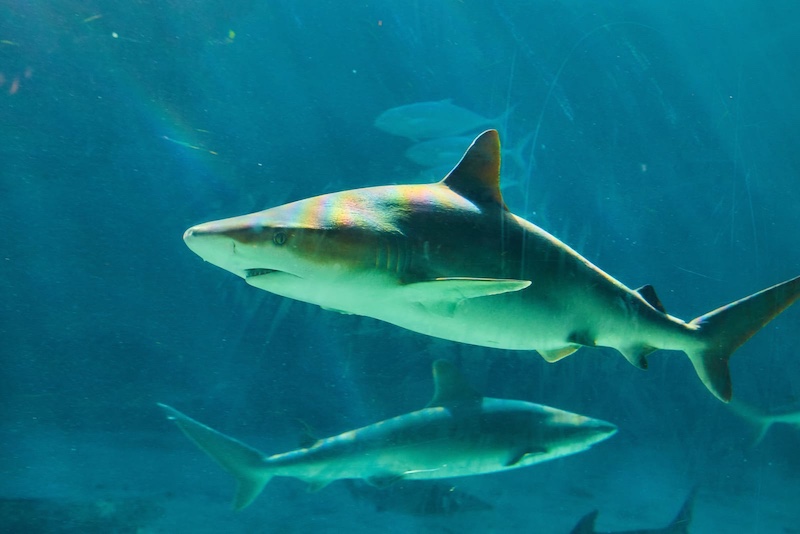Sharks have long been misunderstood and misrepresented in movies, TV shows, and even news stories. Even though they’re certainly powerful predators, they’re not the mindless man-eaters many people think they are. In reality, sharks are fascinating, complex creatures that play a crucial role in ocean ecosystems. Let’s set the record straight by busting 10 of the most common myths about sharks.
Sharks Are Man-Eaters
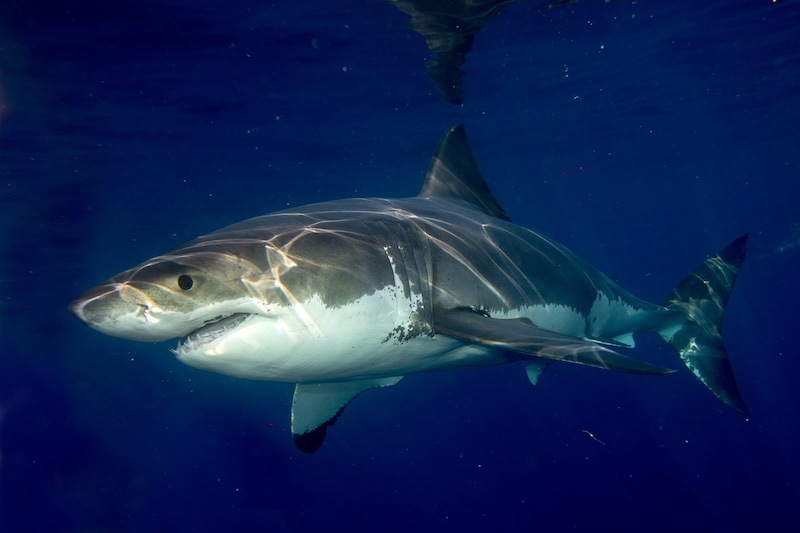
The biggest myth of all is that sharks actively seek out humans as prey. In truth, most shark bites are cases of mistaken identity. Surfers, swimmers, and divers can resemble seals or fish from below, especially in murky water. Once a shark realizes its mistake, it usually lets go and swims away.
All Sharks Are Huge
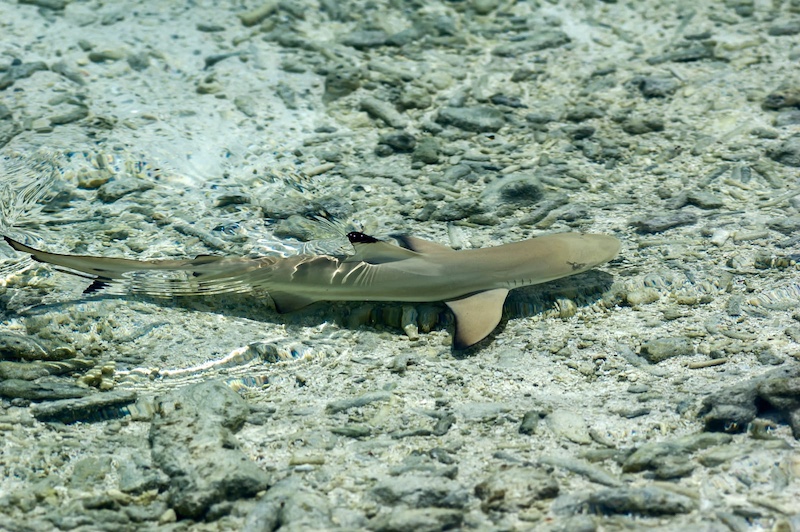
When people picture sharks, they often think of great whites or tiger sharks. But most shark species are small. The dwarf lanternshark, for example, grows to only about 8 inches long! There are over 500 shark species, and many are less intimidating than you’d expect.
Sharks Have Endless Appetites

Contrary to popular belief, sharks don’t eat all the time. In fact, many species can go days or even weeks without a meal. Their metabolism is slower than that of warm-blooded animals, and when they do eat, they often consume large meals that sustain them for a while.
Sharks Are Always Aggressive
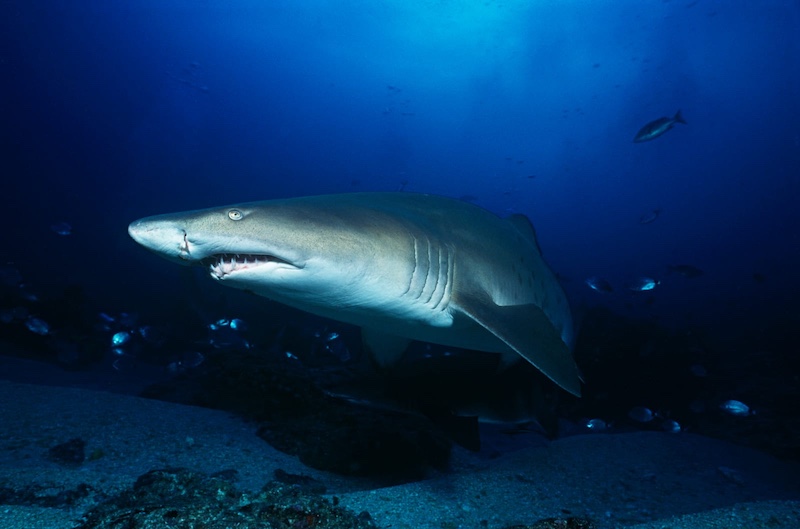
Sharks are curious creatures, not bloodthirsty beasts. Most are shy and will avoid humans when possible. Even apex predators like the great white shark don’t hunt humans out of aggression—they’re simply following their instincts.
All Sharks Need to Keep Swimming to Stay Alive
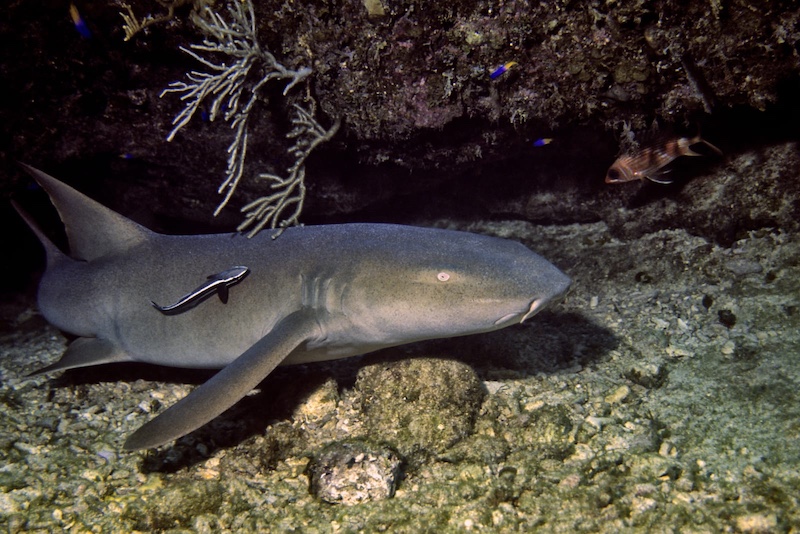
This is only true for certain species, like the great white and mako shark, which need to keep moving to pass water over their gills. However, many sharks, such as the nurse shark and wobbegong, can lie still for hours and breathe just fine by actively pumping water through their gills.
Sharks Don’t Get Cancer
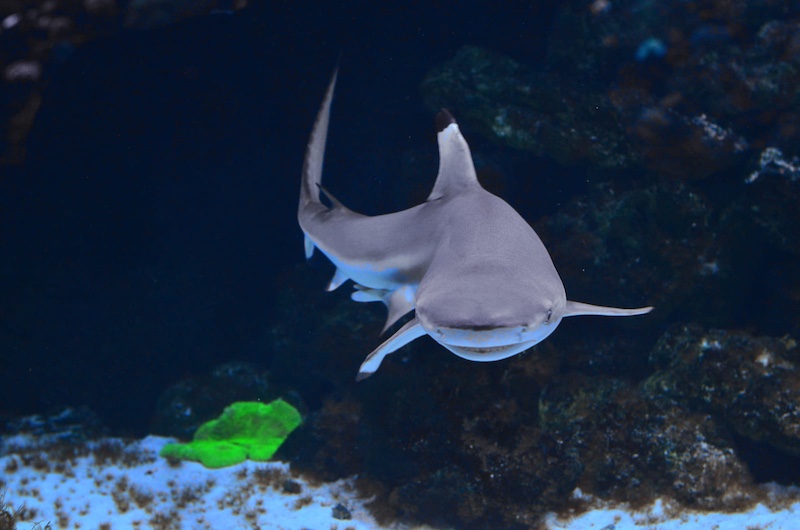
This myth likely began with a misinterpretation of early studies. While sharks do have a lower incidence of certain cancers, they are not immune. This myth has unfortunately fueled the demand for shark cartilage supplements, contributing to the unnecessary killing of sharks.
Sharks Are Dumb

Far from it. Sharks are intelligent animals capable of learning and problem-solving. Some species show signs of social behavior and memory. Lemon sharks, for instance, have been shown to remember tasks and even recognize individual humans.
You’re Safe from Sharks in Shallow Water

Many shark species hunt in shallow water, especially at dawn and dusk. While attacks in these areas are still rare, it’s not accurate to assume that shallow water is always safe. It’s always best to stay aware of your surroundings and follow local advisories.
Sharks Will Attack If They Smell Blood
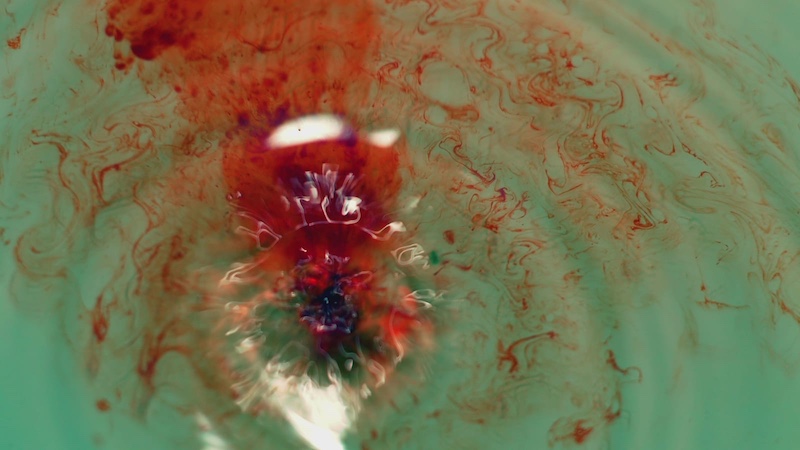
Yes, sharks have an excellent sense of smell, and they can detect blood in the water. But this doesn’t send them into a frenzy like in the movies. A few drops of blood are not enough to trigger an attack. They’re more likely to be attracted by the scent of their usual prey.
Sharks Don’t Deserve Protection

Because of their fearsome reputation, sharks are often left out of conservation conversations. In reality, they’re essential for maintaining healthy ocean ecosystems. Many shark species are threatened due to overfishing, bycatch, and the fin trade. They play a key role in keeping the balance of marine life, and they absolutely deserve protection.
- Please Note: This content was created with the assistance of AI and thoroughly edited by a human before publishing.

